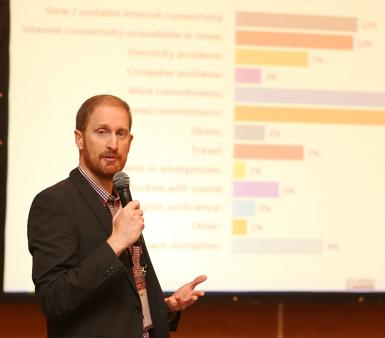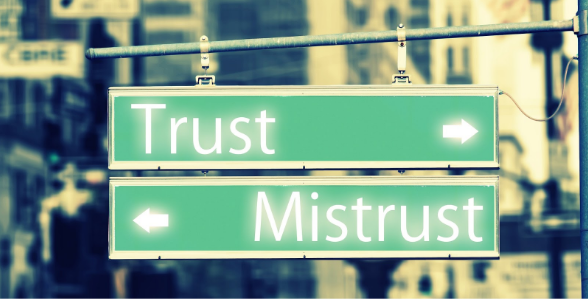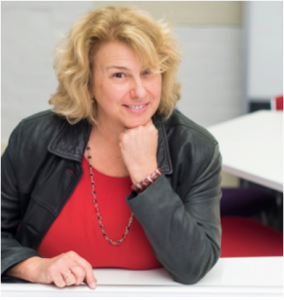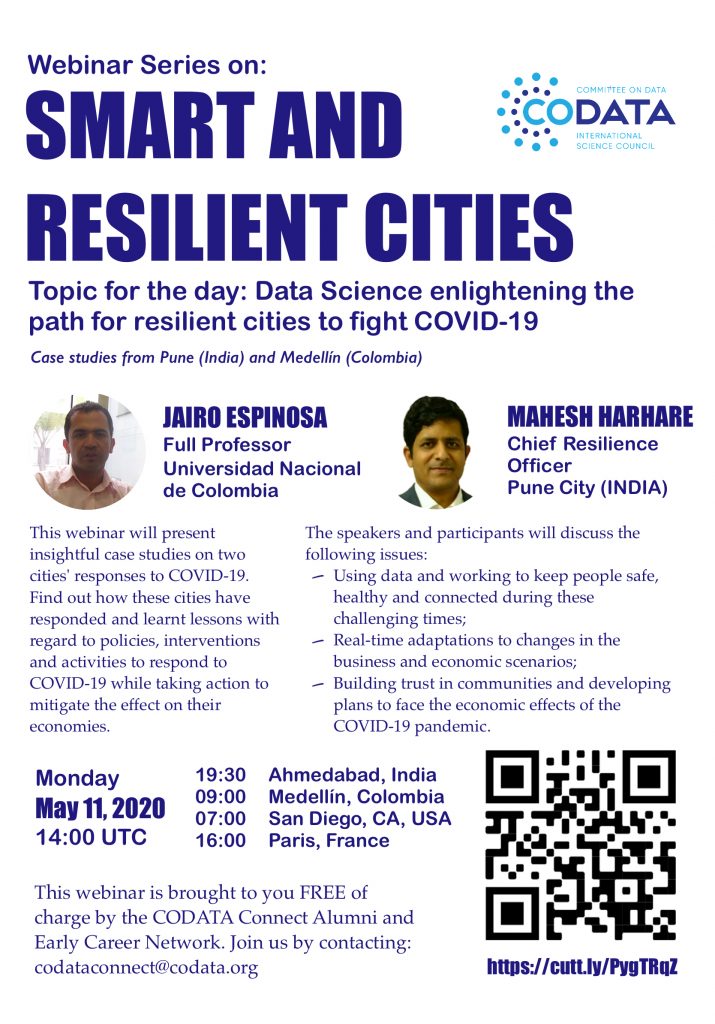King's Open Research Conference
11 June 2020, 10:00 to 18:00 BST (2:30 pm to 10:30 pm IST)
The inaugural King's Open Research Conference will take place on 11th June 2020 10am to 6pm BST (2:30 pm to 10:30 pm IST). A full programme of the day and information about our speakers can be found here.
The conference is open to all so please share these details with your networks - and join us on the day if you can!
In a series of talks and a round-table discussion, world renowned researchers, stakeholders and initiatives will discuss the necessity for Open Research with the view of engendering a research culture shift toward open, accessible, and reproducible research. Speakers include:
- Prof Marcus Munafo (University of Bristol, UK Reproducibility Network)
- Stuart Ritchie (King's College London)
- Amy Orben (Cambridge University, ReproducibiliTea)
- Lawrence Rajendran (King's College London)
- Laura Fortunato (University of Oxford, UK Reproducibility Network)
- Ben Bleasdale (Wellcome Trust)
- Victoria Moody (JISC)
- Paul Ayris (UCL Press)
- Kate Button (University of Bath)
- Anne Scheel (Eindhoven University of Technology)
- James Parry (UKRIO)
A full programme of the day and information about our speakers can be found at https://www.kcl.ac.uk/events/kings-open-research-conference
There is no need to register, but to keep updated, please register via Eventbrite. The conference is open to all, whether internal and external to King's College London.
Steering Group (A-Z): Chris Albertyn, Marion Criaud, Daniel Crane, Paolo Deluca, Adam Pawley, and Samuel Westwood. Additional support provided by Hannah Warren and Robin Maginn. For further information, please contact samuel.westwood@kcl.ac.uk.

 Date:
Date:  Name of the Speaker:
Name of the Speaker: 

 Moving forward and recovering from our current global pandemic, a more inclusive and engaged approach to the collection and use of our data will be needed to ensure that we have the best possible information to hand as we forge our collective pathway out of this crisis. The recent debates over COVID tracker-apps in various countries show us that whether or not people trust their governments will be crucial to the effectiveness of such tracking tools. To be worthy of trust takes more than authority. Regardless of how cutting edge and valid expertise or data may be, without a foundation of trust and good relationships with our peers and the communities we hope to serve, it can prove difficult for others to accept new knowledge and change their behaviour. Trustbuilding forges the relationship needed to support the innovations and actions conducive to a community's resilience and wellbeing: the more trust that is present, the more risk is accepted, and the more risk-enabled a community, the more resilient it can become. This webinar explores operating principles for demonstrating trustworthiness to the public and embedding trust-building practices within our data work.
Moving forward and recovering from our current global pandemic, a more inclusive and engaged approach to the collection and use of our data will be needed to ensure that we have the best possible information to hand as we forge our collective pathway out of this crisis. The recent debates over COVID tracker-apps in various countries show us that whether or not people trust their governments will be crucial to the effectiveness of such tracking tools. To be worthy of trust takes more than authority. Regardless of how cutting edge and valid expertise or data may be, without a foundation of trust and good relationships with our peers and the communities we hope to serve, it can prove difficult for others to accept new knowledge and change their behaviour. Trustbuilding forges the relationship needed to support the innovations and actions conducive to a community's resilience and wellbeing: the more trust that is present, the more risk is accepted, and the more risk-enabled a community, the more resilient it can become. This webinar explores operating principles for demonstrating trustworthiness to the public and embedding trust-building practices within our data work. Speaker:
Speaker: 




